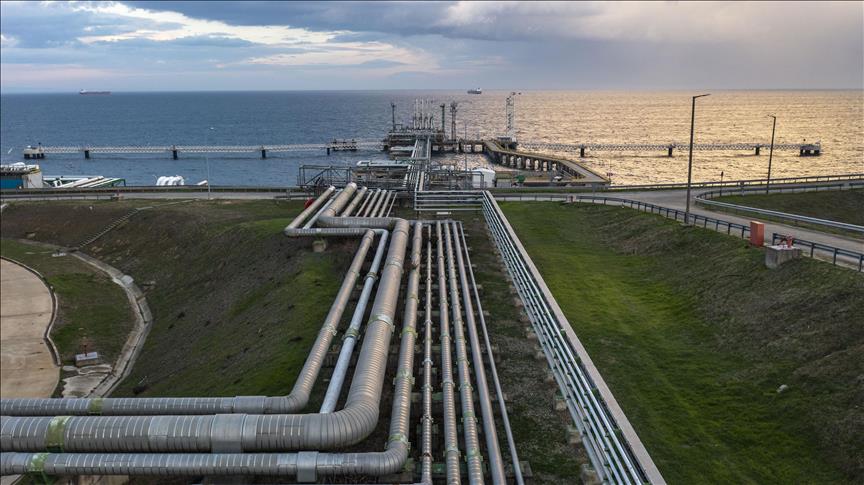The European Union and Azerbaijan on Monday announced a new deal to double Azeri gas imports as part of the bloc’s efforts to decrease dependency on Russian energy.
European Commission President Ursula von der Leyen and Azerbaijan’s President Ilham Aliyev signed a memorandum of understanding (MoU) on a strategic partnership in the field of energy, the EU executive body announced in a statement.
“Azerbaijan is a crucial energy partner for us that has always been reliable,” von der Leyen said at a joint news conference with Aliyev following the signing ceremony in Baku, Azerbaijan’s capital.
Through the Trans Adriatic Pipeline, Azerbaijan is “delivering currently more than 8 billion cubic meters of gas per year and we will expand its capacity to 20 billion cubic meters” until 2027, she elaborated.
The Azeri gas imports will already increase to 12 billion next year, which “will help compensate for cuts in supplies of Russian gas and contribute significantly to Europe’s security of supply,” she added.
The new deal also aims to contribute to climate neutrality and cooperation on renewable energy.
For his part, Aliyev stressed that “issues of energy security today are more important than ever before.”
He added: “Long-lasting, predictable and very reliable cooperation between EU and Azerbaijan in the field of energy is a big asset.”
The Southern Gas Corridor transporting Azeri gas to the EU has been operational since 2020.
The gas from Azerbaijan arrives in Europe via Türkiye through the Trans Anatolian Pipeline, which is connected to the bloc’s Trans Adriatic Pipeline, supplying gas from Greece to Italy.
In response to the Russian war in Ukraine, the European Commission revealed plans in March to reduce dependency on Russian energy by cutting two-thirds of gas imports.
For this purpose, the bloc aims to accelerate the green transition into renewables and secure fossil fuel supply from new partners.
In parallel, the EU has also slapped six sets of sanctions against Russia, including a ban on crude oil and coal imports.
By Agnes Szucs in Brussels
Anadolu Agency
energy@aa.com.tr


